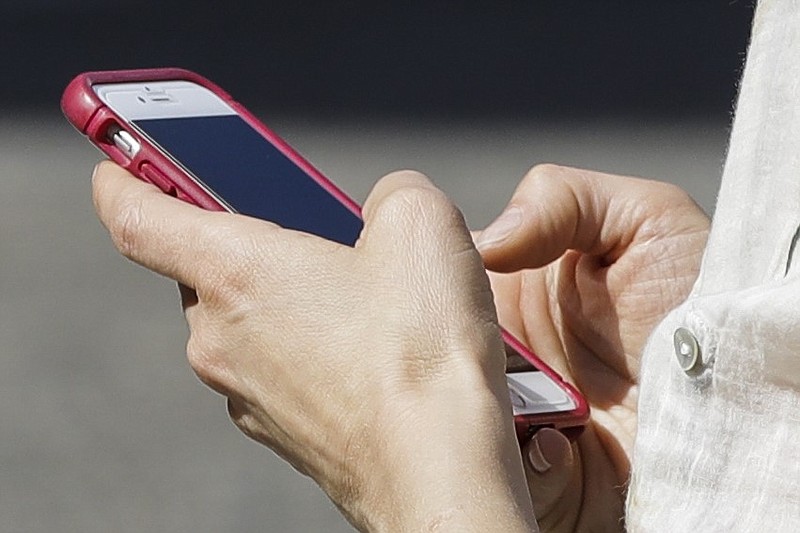Plaintiffs in the lawsuit challenging an Arkansas law requiring age verification for new social media users filed a motion Tuesday asking a federal judge to issue a final judgement on the case before it goes to trial.
Attorneys for NetChoice, a Washington D.C. based firm that lobbies on behalf of tech giants such as Meta, X, formerly known as Twitter, and TikTok, filed a motion for summary judgement in its case against the state. In June, NetChoice filed suit against Attorney General Tim Griffin after the General Assembly passed Senate Bill 396, now Act 689, also known as the Social Media Safety Act.
The law, sponsored by Sen. Tyler Dees, R-Siloam Springs, and signed by Republican Gov. Sarah Huckabee Sanders, would require large social media companies to contract with third-party vendors to perform age verification checks before people can create a new social media profile. Those younger than 18 will be required to seek parental permission before they can open an account under the law.
In September, U.S. District Judge Timothy L. Brooks granted NetChoice's request for a preliminary injunction, saying in his 50-page ruling that NetChoice's case had a strong chance to succeed on its merits, as the Arkansas law likely violated the First Amendment.
"The court has already found that the law likely violates the First Amendment and puts the data of all internet users -- especially minors -- at increased risk of breach," Chris Marchese, NetChoice director of litigation, said in a news release. "With our filing, the court will have enough information to issue a final decision and strike down the law as unconstitutional."
Under the law, social media companies are defined as a forum that allows users to upload, create or view content from other accounts and allows users to "interact with other account holders or users, including without limitation establishing mutual connections through request and acceptance."
In the motion, attorneys for NetChoice argued the social media law was vague and violated First Amendment rights to free expression and that users would be required to disclose sensitive information to verify their age. Under the law, new users would be required to submit a digital version of a government-issued ID to a third-party firm that specializes in verifying users, according to the law.
The social media law has several exemptions for email providers, companies that provide direct messaging services, streaming services, news, sports, entertainment websites, online shopping, or "other content that is pre-selected by the provider and not user-generated."
Large social media companies, such as Meta, owner of Facebook and Instagram, or TikTok, are the main targets of the law, as companies that generate less than $100 million are exempted.
Additionally, social media platforms whose "primary purpose is not social interaction," such as LinkedIn, or provide cloud storage service are exempted.
Griffin, Arkansas' attorney general and the sole defendant named in the lawsuit, said in a statement Tuesday "I will vigorously oppose the motion for summary judgment.
Sanders has given her full support to the law since it was introduced in March, saying it was a way to empower parents to protect their children from the dangers of Big Tech.
Arkansas is not the first state to pass a law restricting social media use for children. In March, Republican Gov. Spencer Cox of Utah signed two bills into law requiring age verification for users and creating a social media curfew for those younger than 18.
